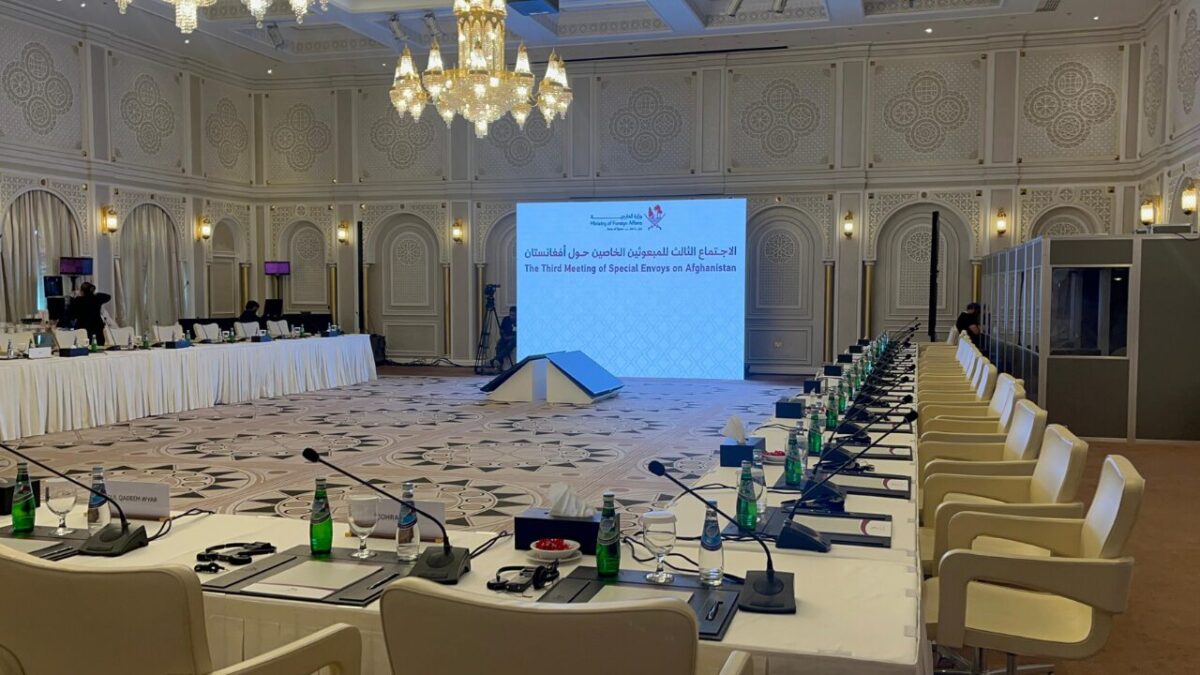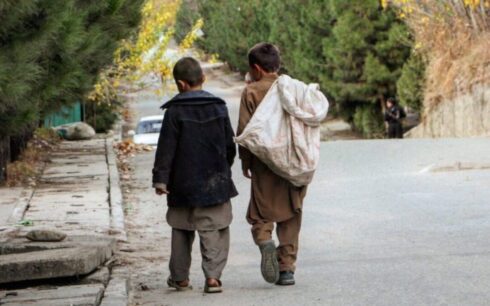A virtual meeting of the Counter-Narcotics Working Group, hosted by the United Nations Assistance Mission in Afghanistan (UNAMA) as part of the Doha Process, highlighted rifts between regional powers and Western nations over how to address Afghanistan’s drug crisis, according to Iranian media reports.
The meeting, attended by representatives from Iran, Russia, the United States, the European Union, Qatar, China, South Korea, and the Taliban, became contentious when Western representatives pushed for the inclusion of Afghan political and civil society figures not affiliated with the Taliban. Iran and Russia strongly opposed the suggestion, arguing that the session was intended to remain “technical” and should not be politicized.
According to Iran’s state-run news agency IRNA, Russia’s representative warned that Moscow might withdraw from the Doha Process entirely if Western nations insisted on including non-Taliban figures in future discussions.
The Iranian representative echoed this sentiment, emphasizing the need for a comprehensive approach to Afghanistan’s drug crisis that incorporates political, economic, and social dimensions. He also called for regional countries to take the lead in such talks.
Western representatives, including those from the United States and the European Union, countered by stressing the importance of Afghan civil society participation to ensure a broader perspective on the country’s challenges. This, they argued, would provide valuable insights into both the progress and shortcomings of counter-narcotics efforts.
Russia’s representative accused Western nations of attempting to politicize a technical forum to exert influence in the region. “If Western participants persist with this approach, Moscow will withdraw from the discussions,” the Russian delegate reportedly said.
Focus shifts toward narcotics
While the Doha Process initially aimed to reintegrate Afghanistan into the international community, with key issues like women’s rights and political inclusion at its core, recent sessions have shifted focus to the growing narcotics crisis.
The Taliban, which has touted its anti-drug initiatives as a key achievement, has faced sharp criticism from the United Nations. A recent U.N. report revealed a 30 percent increase in opium production in Afghanistan this year, undermining the Taliban’s claims of progress.
Western representatives reportedly attempted to bring human rights and women’s participation into the meeting’s agenda, a proposal that has faced resistance in previous Doha discussions. The absence of non-Taliban voices continues to draw widespread criticism.
Shafiqa Razmenda, a human rights activist, criticized the international community for sidelining Afghan women. “Global powers have turned Afghan women’s rights into bargaining chips in their negotiations with the Taliban, leaving them as victims of political gamesmanship,” she said.
As the Doha Process struggles to find consensus, the diverging priorities of participants underscore the issues of addressing Afghanistan’s myriad crises in a fractured geopolitical landscape.





